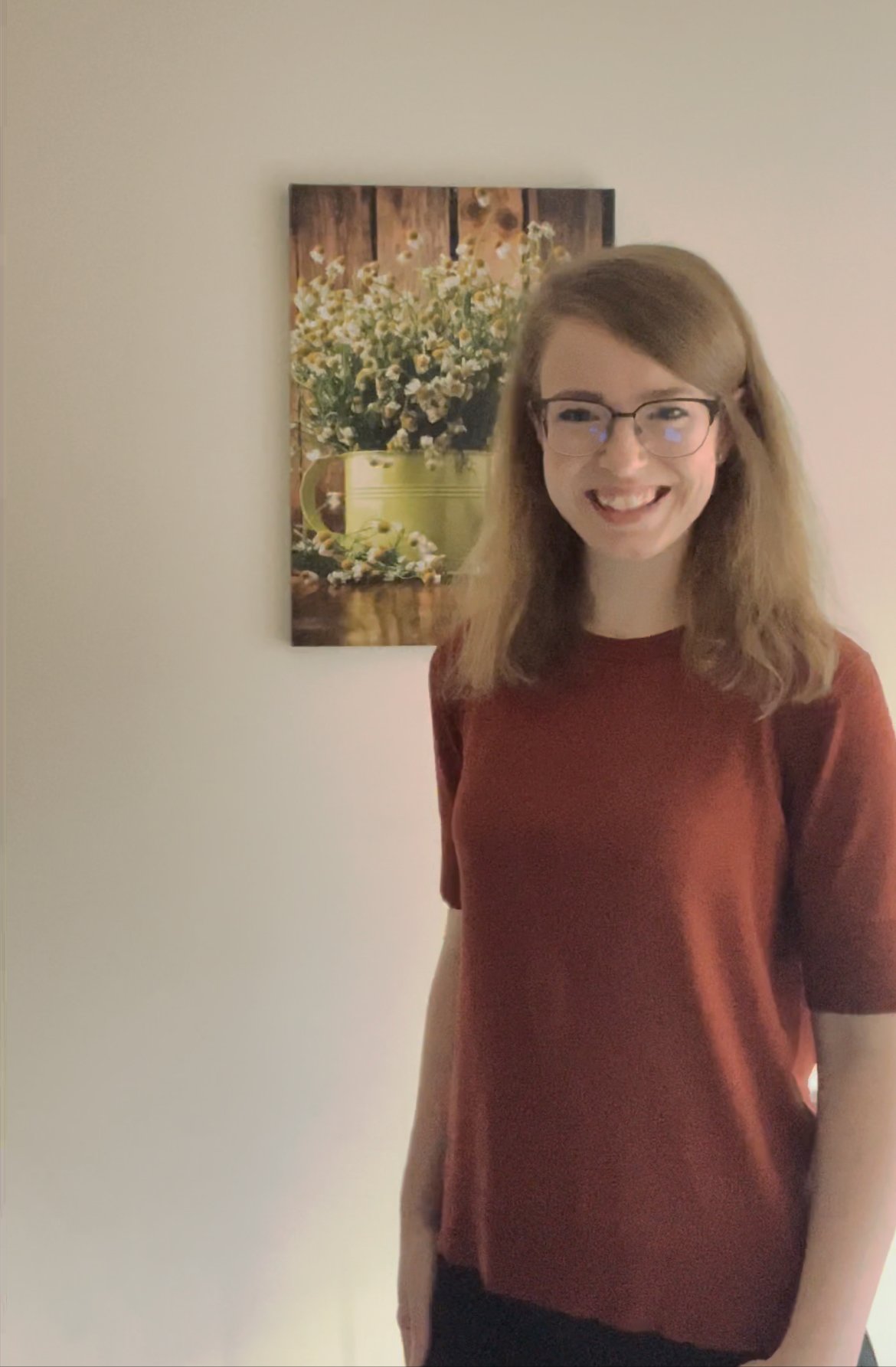Falk Hildebrand
Group leader. Diploma in Biology, combined with self-taught programming as a teenager, led me to my Bioinformatics career.
Interested in bacterial strains and what a bacterial species actually is. If we can have this information for many species at once, all the better.
Katarzyna Sidorczuk
PostDoc. Studied Biotechnology and Bioinformatics . Her PhD focused on the use of machine learning for prediction of peptide activity and protein localization. She was also working on a tool for analysis of Escherichia coli adhesins. Right now, she is interested in the evolution of gut microbiota.
Anthony Duncan
PostDoc. Studied Computer Science at University of East Anglia. His PhD focused on the marine microbiome, eukaryotic MAGs, and understanding functional community composition. Currently working on the effects of diet interventions on the gut microbiome.
Ece Silan
PhD student. Studied Computer Engineering in her BSc and moved on to Bimolecular Sciences in MSc, working with fungal plant pathogen phylogenetics. Right now, interested in enrichment methods for bacteria, and pangenomes of human gut bacterial communities.
Klara Cerk
PhD student. Studied Food Science and Nutrition in her BSc and moved on to Microbiology in MSc. Got interested in bioinformatics during her MSc thesis at the WUR Netherlands, where she explored persistence of foodborne pathogens in environments; and in human gut microbiome as EFSA, EU-FORA fellow, where she focused on influences of BPA on the gut microbiome. Right now, she is interested in the evolutionary pressures upholding the human gut resistome.
David Schneider
MRes. Studied Microbiology and Business at the Auckland University of Technology, BSc in Molecular Biology and Genetics at UEA, MRes of Evolution and Genomics, now working on a project to develop a technique for fungal enrichment in the rare microbiome.
Wing Koon
PhD student. Studied Biochemistry (Molecular Biology) in her BSc and moved onto Microbiomes in Health and Disease in MSc. Became interested in bioinformatics, complex diseases, and the concept of dysbiosis during her undergraduate degree and have now expanded that interest to include strain level metagenomics.
Ezgi Özkurt
PostDoc. Born in Istanbul. Studied Molecular Biology & Genetics at the Middle East Technical University. Had her MSc about evolution of bladder tumours at the same university. Moved to Germany to study domestication-driven metaorganism evolution in wheat at the Max Planck Institute for Evolutionary Biology. Nowadays, shifted her interest to human microbiomes with a focus on networking & vertical transmission of microbes.
Alumnis
Joachim Fritscher
PhD student. Studied Bioinformatics in his BSc and MSc. Got into metagenomics at the end of his MSc and wrote his thesis about a k-mer based taxonomic classifier for metagenomic reads using a protein reference.
Now trying to use the k-mer based approach as well as other methods to improve the resolution of taxonomic classification and SNP calling to strain level. Also striving to learn and apply new methods on biological data and making them performant with C++.
CLÉMENCE FRIOUX
PostDoc. I studied biology before switching to bioinformatics and eventually to computer science during my PhD. My research themes of interest are systems biology, metabolic modelling, and their associated combinatorial problems, that I solve with logic programming. I use computational biology to better understand interactions within communities and microbiotas.
Now Junior Researcher at Inria Bordeaux Sud-Ouest. Personal webpage
Rebecca Ansorge
PostDoc. Obtained her PhD from the International Max Planck Research School of Marine Microbiology (MarMic) and University of Bremen, Germany. Using bioinformatics and metagenomics, she studied strain diversity in host-microbe symbioses. Now she is investigating strain-level variation and microbial pangenome diversity in human gut microbiomes.
Falk Nagies
Postdoc. Born in Germany. Studied Biology at the Heinrich Heine University Düsseldorf. Finished his Doctorate there with a focus on ancient evolution and horizontal gene transfer in prokaryotes. Now with a shifted research interest in the evolution within smaller time scales, for example, selection and population genetics of the microbiome.
Duncan Ng
PostDoc. Obtained his PhD from Statens Serum Institut and the U Copenhagen, DK. His PhD focused on the nasal microbiome and the antagonism of commensals to pathobionts. Now, he investigates the effect of bioactives on the gut microbiome (DIME study).
Now at Sanger Institute (UK).
Myeonghyun Yoou
I studied Genetic Engineering for BSc in South Korea, and have been studying Epidemiology in LMU, Germany. A rice microbiome project I participated in by chance led me to this field. Now I have a huge interest in an association of disease and microbiome from various part of human body. At the same time as trying to analyse the microbiome data related to a disease, I'm studying a machine learning for deepen interpretation.
Now PhD at DTU/ Clinical Microbiomics (DK).
Ángela Del Castillo Izquierdo
MSc by Research. Interested in evolution, microbial ecology and human-microbiome interactions, and the lab tools to research these effectively. Committed to the importance of communicating in science as a new-born researcher.
Now PhD at Univ Groeningen (NL).














